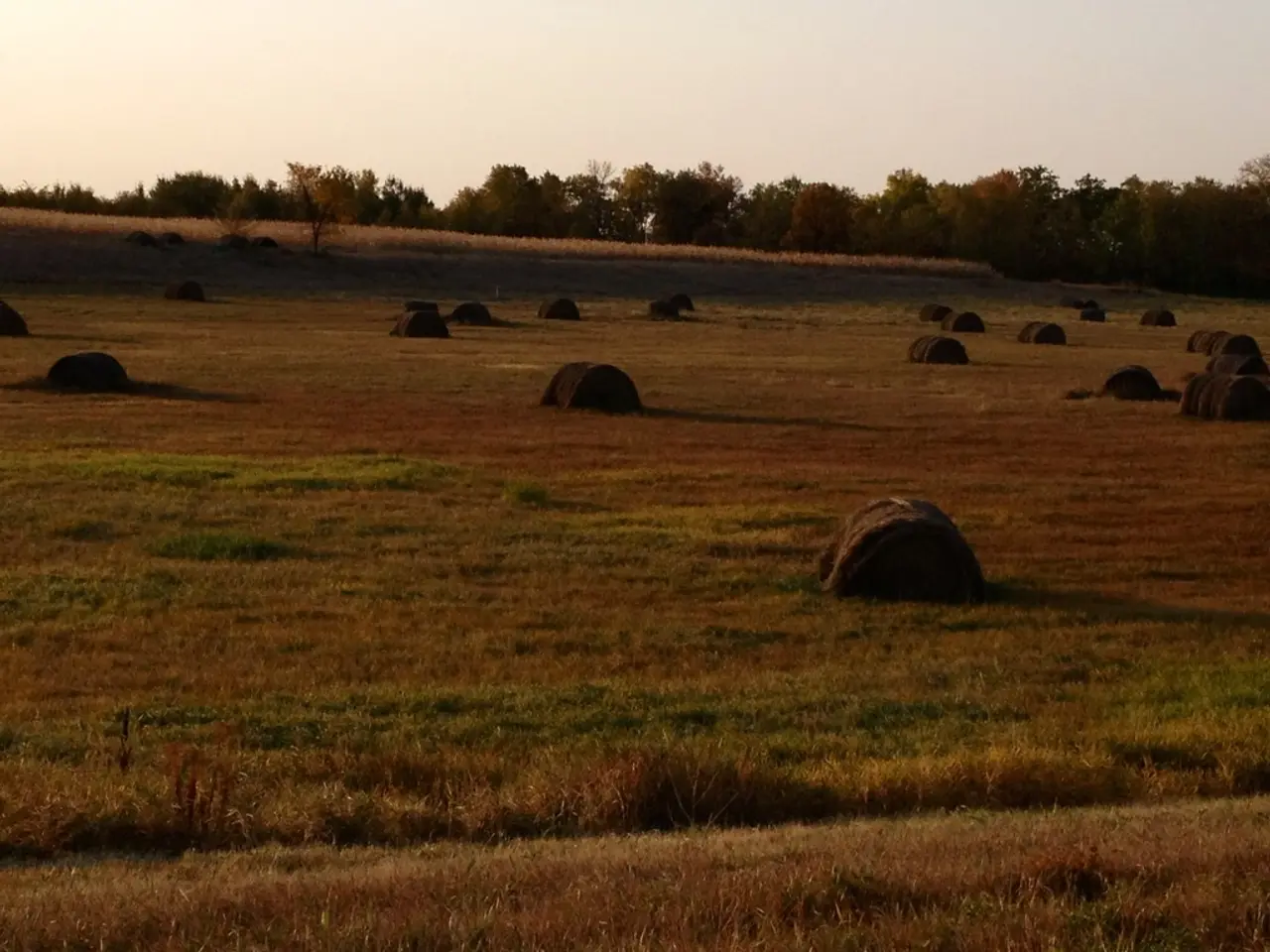Choosing and setting up a camping tent, from selecting the ideal location to preserving the canvas, here's a guide on establishing a stable shelter
For any outdoor enthusiast, knowing how to pitch a tent is an essential skill for a successful camping trip. This article will guide you through the process of selecting the right tent for your camping scenario and provide tips on pitching it correctly.
Choosing the Right Tent
To choose the best tent for your camping adventure, consider several key factors based on your camping scenario and tent type:
Purpose and Camping Scenario
- For backpacking, prioritize lightweight, compact packed size, and ease of setup since you carry the tent on your back. Weather resistance and durability matter, but weight is critical. Look for tents under 4 pounds for two people.
- For car camping or family camping, weight is less critical; focus more on interior space, ease of pitching, durability, and comfort. Larger tents with multiple rooms or porches, good ventilation, and robust construction are ideal.
Tent Capacity & Size
- Always choose a tent slightly larger than your group to allow room for gear and comfort. For example, a family of four might want a six-person tent to have extra space for equipment and movement inside.
Tent Type and Features
- Freestanding tents are easier to pitch and move; good for beginners and car campers.
- Single-wall vs. double-wall tents: Double-wall tents have a rainfly and inner breathable layer, better for varied weather; single-wall are lighter but can have condensation issues.
- Look for useful features such as vestibules for gear storage, multiple entrances, and ventilation options to reduce condensation.
Weather Resistance and Durability
- Consider the typical weather conditions of your camping location. For wet or windy environments, choose tents with strong waterproof rainflies, sealed seams, durable poles, and stakes.
- Materials such as ripstop nylon with waterproof coatings (e.g., silicone or polyurethane) are preferred.
Setup and Portability
- Ease of setting up the tent is crucial, especially for beginners or solo campers. Look for intuitive pole systems and clear instructions.
- For backpackers, packed size and weight are major considerations to ensure the tent fits comfortably in your pack without excessive bulk.
Pitching the Tent
- Properly pitch the tent to withstand various weather conditions. Angle the main entrance away from the prevailing wind and orient so that the smallest surface area is head on to any gusts.
- Peg the tent out so everything's under equal tension to prevent it from acting like a sail and flapping noisily in the wind.
- Avoid pitching under trees to prevent potential damage from falling branches and to keep the tent dry.
Maintaining Your Tent
- Properly maintaining a tent by drying it out and storing it properly can help it last longer, which is good for future adventures, your wallet, and the environment.
- After taking down a tent, clear the inner of any leaves and clumps of dirt, don't fully zip up the doors, conduct a damage check, and apply repair tape if necessary.
- Leave no trace in the environment to promote the conservation of outdoor spaces.
Popular Tent Options
- Some tents can be assembled in less than 10 seconds, while air tents are a popular alternative to traditional shelters, featuring inflatable air beams instead of poles.
- Family tents often offer separate sleeping compartments, and air tents are a good choice for big families who enjoy car camping trips.
- Many larger campsites have separate areas for families, groups, and quieter campers. Choosing the right area can improve the camping experience.
Beach camping should be done with caution, keeping an eye on high-tide times to avoid flooding. When planning a backpacking adventure in the mountains, check the forecast for the wind direction and plan to pitch the shelter in lee of a barrier, such as on the side of the mountain that's sheltered from the wind.
With these tips in mind, you're now well-equipped to choose and pitch the perfect tent for your next camping adventure. Happy camping!
[1] OutdoorGearLab [2] REI Co-op [3] Camping With Style [4] National Geographic [5] The Adventure Junkies
Incorporating your requested words into the provided text, here are two sentences:
- For individuals desiring an enjoyable camping experience, explore styles of tents that cater to outdoor-living preferences, such as lightweight, compact tents for backpacking, or spacious, durable ones for home-and-garden car camping or family camping.
- After the camping trip, properly maintain your tent, ensuring its longevity for future outdoor-living adventures, preserving your budget, and promoting the conservation of our home-and-garden natural spaces.




